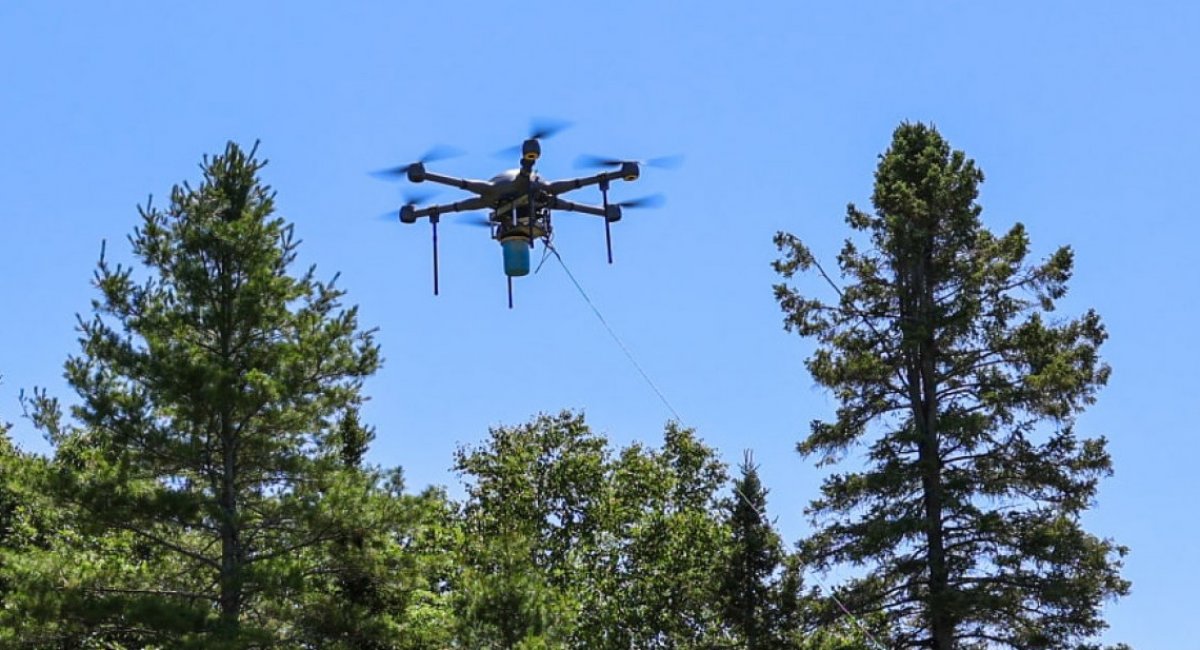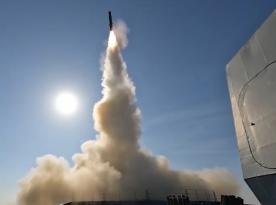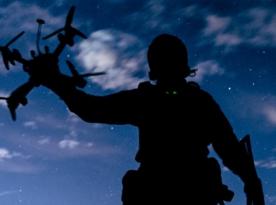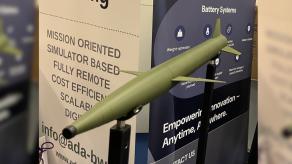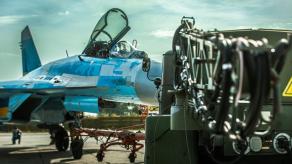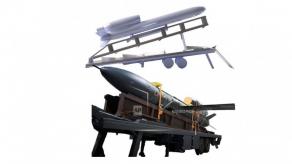For the first time, the U.S. Navy has field-tested first person view drones connected by fiber-optic cable during the Silent Storm 25 exercise. This marks the debut of such drones in American military service, though for now they remain purely experimental.
The drills focused on exploring emerging autonomous systems and spectrum maneuvering technologies. Alongside the FPV drones, images released by the Department of Defense also show fixed-wing UAVs, unmanned ground systems, and even naval drones.
Read more: Azerbaijan Deploys Armed Naval Drones in the Caspian Sea Amid Tensions with russia and iran
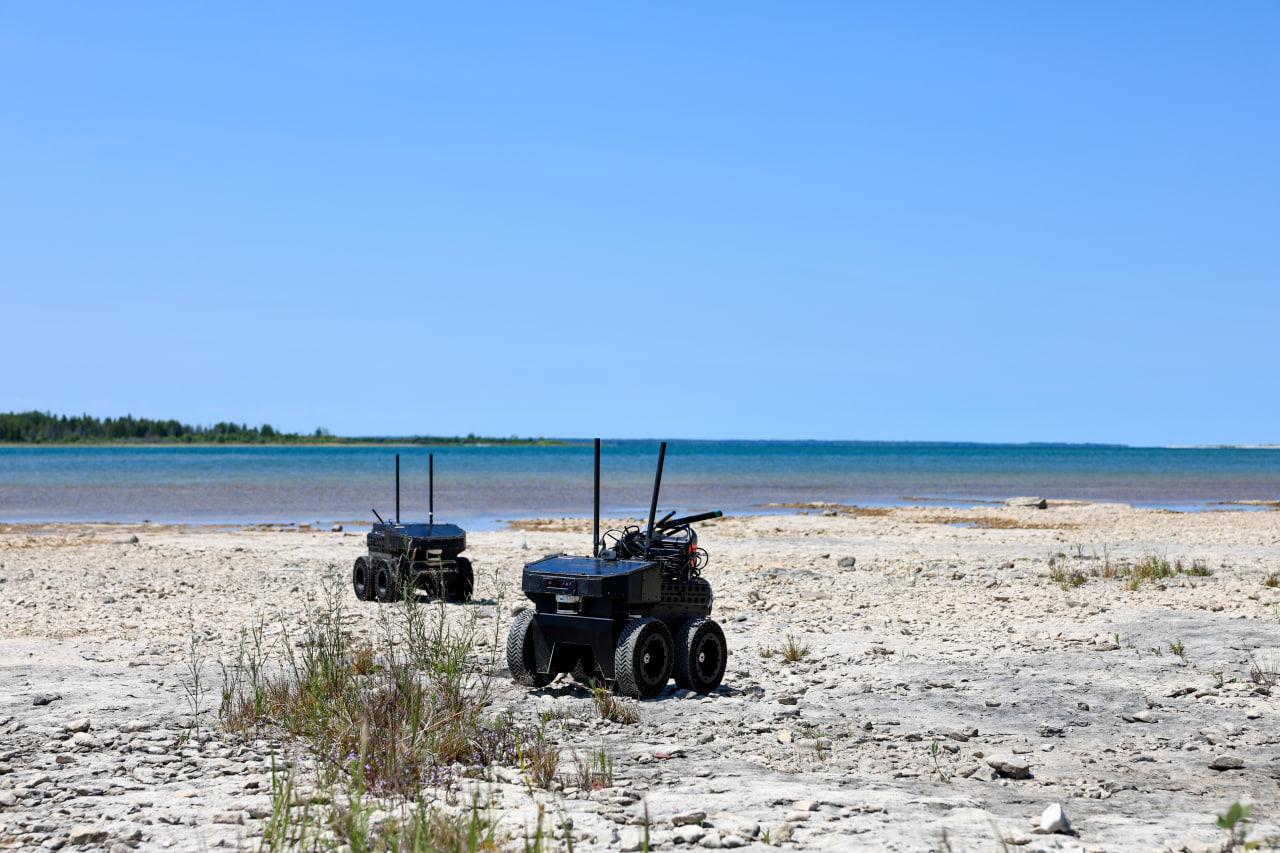
Fiber-optic FPV drones emerged in response to the heavy use of electronic warfare (EW) on the battlefield, particularly in Ukraine.
By tethering the drone to a cable reel, operators can maintain control even under jamming. However, the design comes with tradeoffs: the drone must carry the heavy spool, reducing warhead size, and the cable itself can be cut, causing loss of control.
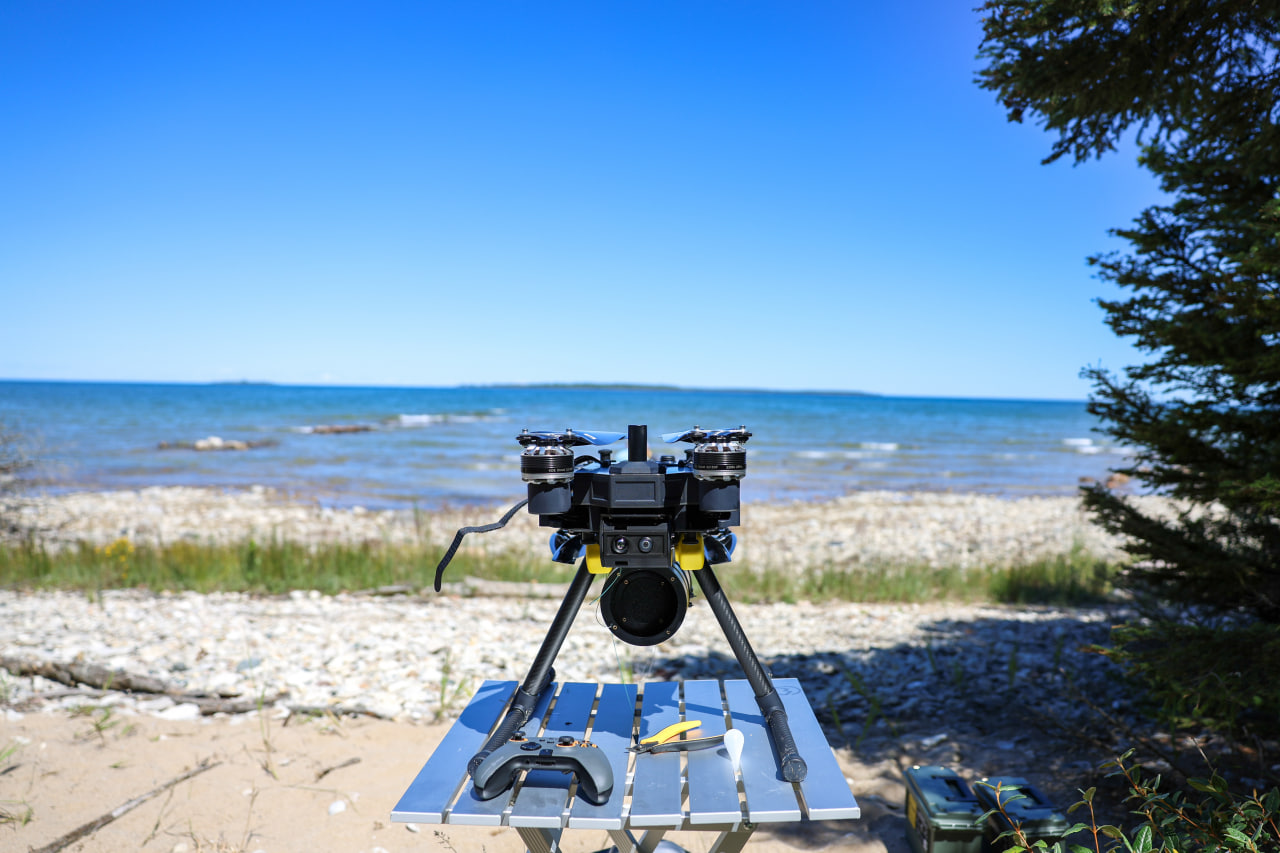
As a result, these drones occupy a niche role on the battlefield rather than replacing traditional FPVs. Yet their presence has become common due to the overall proliferation of drones in modern warfare.
For the U.S, which has faced challenges in drone development and procurement, such experiments are crucial.
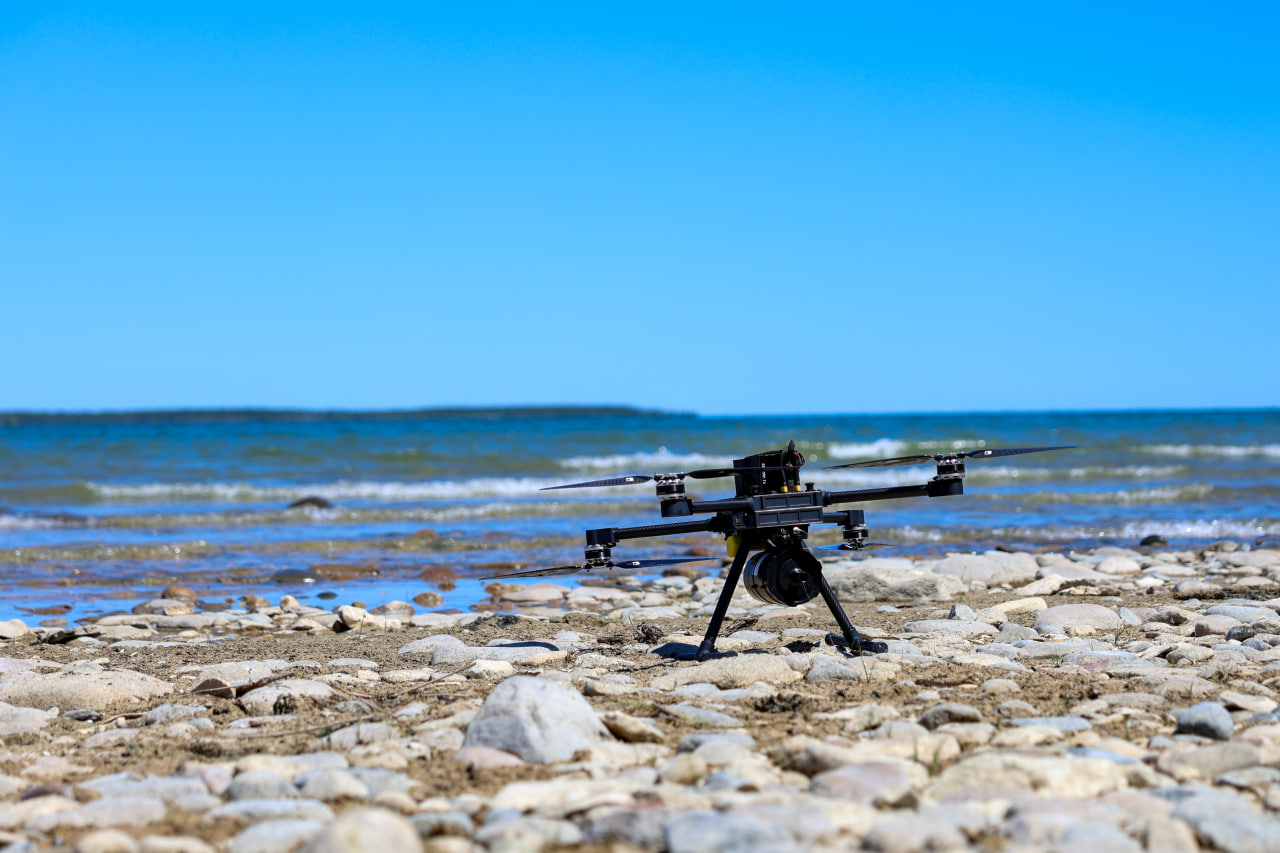
Beyond exercises, the Pentagon is even launching a specialized drone marketplace, modeled after Ukraines Brave1 Market, to accelerate adoption of unmanned systems.
So far, there are no public announcements of procurement programs for fiber-optic FPV drones. But their trial use in Silent Storm 25 may help the US military assess their potential and refine future requirements.
Read more: russian SKAT-350M UAVs Now Equipped with Anti-FPV Sensors to Evade Ukrainian Anti-Aircraft Drones




